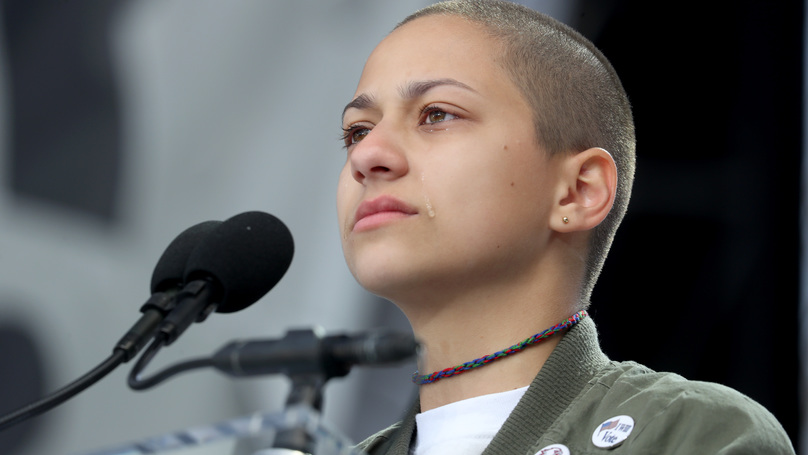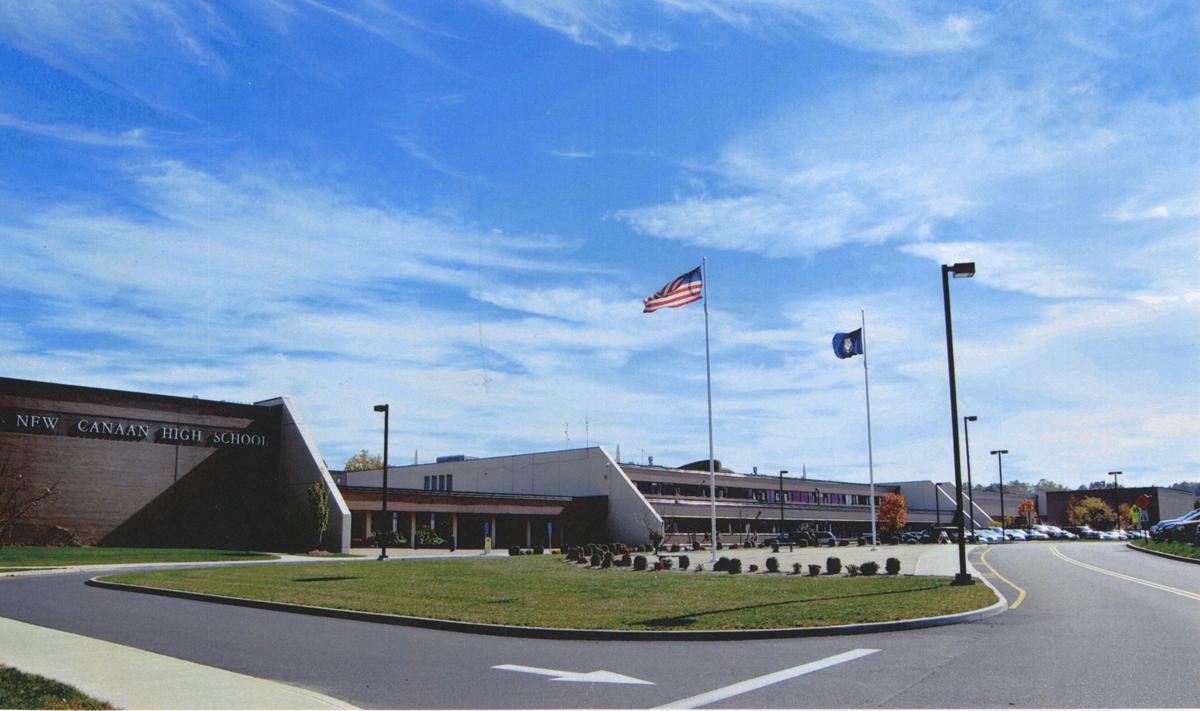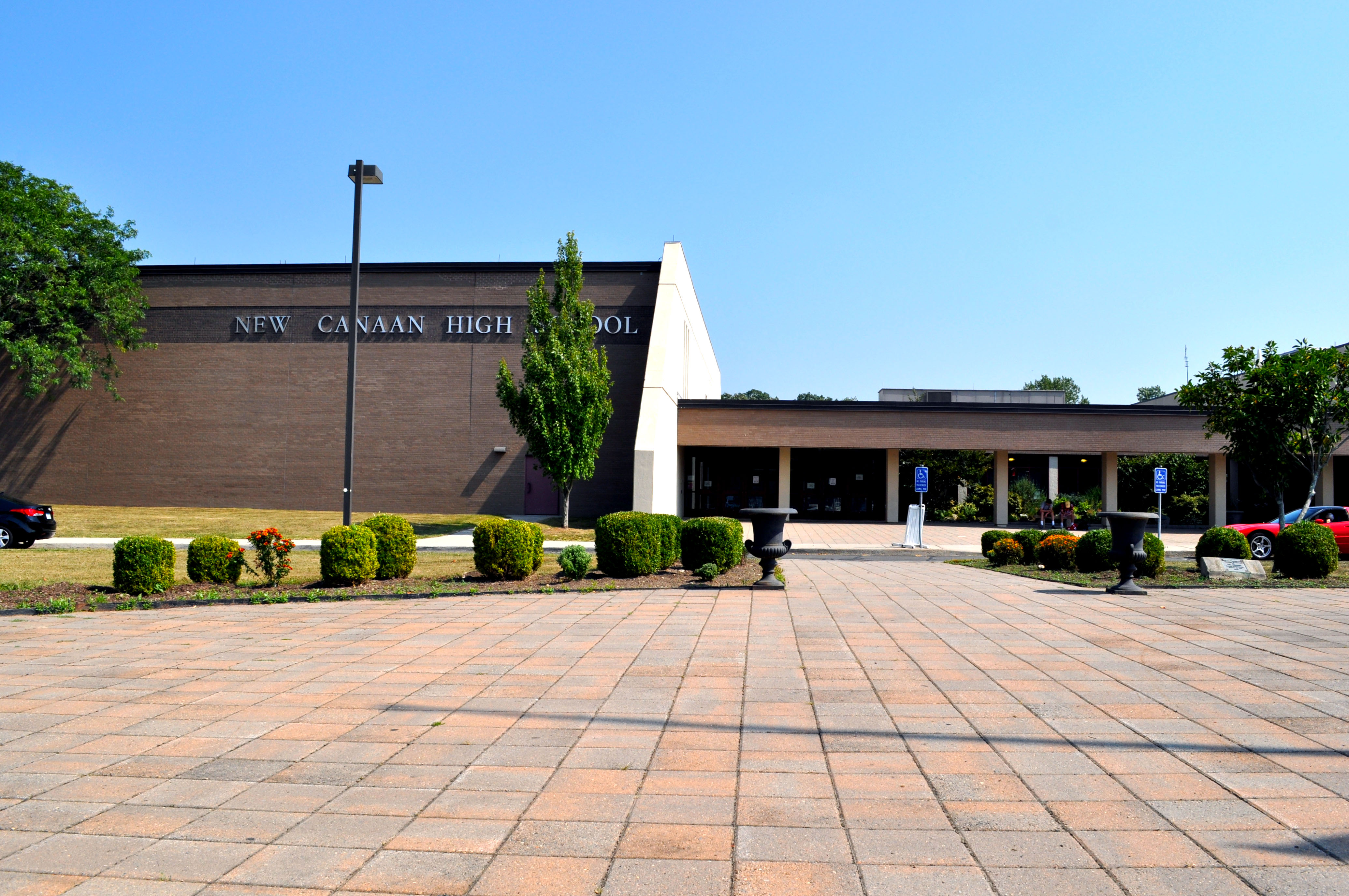In a time of prevalent student activism, sparked by the aftermath of the Parkland High School shooting, the young generations have proven they will not fall short of making changes to our government based on voting age limits. From organizing marches to national student walkouts and challenging the NRA, these protests have spoken loud and clear, all promoting a common phenomenon: young people recognizing the power they didn’t realize they had.
Since the last Courant editorial noting student’s predisposition to comment on women’s rights, Black Lives Matter, or to fight gender inequality, there has been an obvious surge of public activism. From student survivors being the subject of every news profile, to fronting the cover of Time magazine, to discussing their views, and gaining thousands of people’s support across social media platforms, there has been an evident increase in the power of teenagers. The students that helped craft the national walkout that thousands of high schoolers took part in across the nation, bringing almost a thousand from our own NCHS, have represented a new era of movement and activism.
At our own high school, students organized their part in the national student walkout through social media and Student Coalition. With backing from administrators (although I’m positive the walkout would still happen without it) three juniors, Kate Reeves, Emily Shizari, and Emily Dowdle lead and spoke with eloquence and passion about the fight for change. Their words reached adults all over New Canaan who noted their impact and sophistication in town newspapers and social media, such as Facebook.
Furthermore, juniors Kate Reeves and Chase Pellegrini are organizing a Fairfield County Youth Empowerment Conference as apart of their application for the Wilburn Fellowship. Members of our community are participating in the new norm of teenagers speaking their voice, having valid opinions, and expressing beliefs that reach outside of the classroom.
Today’s teenagers aren’t like teens 20 years ago who are being roasted in this past Sunday’s New York Times review of millenials. There are professional commentators beating up on teenagers constantly, yet recently, they’re fighting back. For example, Fox News anchor Laura Ingraham went on air poking fun at Parkland activist David Hogg for his recent rejection from a California University. Hogg retaliated by tweeting a photo of Ingraham’s advertising sponsors which prompted them dropping her show as well as her week long leave. Another article from the USA Today even titles theirs ‘David Hogg is irritating, but Laura Ingraham is the adult and she blew it’. There is a constant fight of adults criticizing teenagers whether they’re publicly expressing their opinions or the classic get-off-your-phone debacle. This ongoing parallel of either treating teenagers like they don’t have a voice or ignoring their input because they’re ironically not allowed to contribute to these necessary conversations, even when it concerns them, further pushes the distrust between these two generations.
Most recently, David Hogg with fellow Parkland survivors and activist, Emma Gonzalez, headlined March for Our Lives. Their speeches called out legislators outside of the Capital to be ready for the midterm elections and high schoolers soon to be eligible for voting. If you are under the impression that if you cannot vote you cannot bring change, the last month has told us something entirely different — moreover, in the near future, Senators up for reelection should not underestimate the 18-24 voter demographic. March for our Lives called for our generation to show up, and soon enough, to vote.
These students have taken their lives and safety into their own hands, continuing to impress and outspeak adults when fighting for reform. The only call for adult interference is signing documents of changed legislation that they assembled themselves.
The main message of these protests and walkouts are not just about guns, it is about telling other generations about the power of teenagers today — and that power, at the moment, has already brought immense change.



